Understanding Refundable Advances in Nonprofit Organizations
September 22, 2025
When nonprofits receive funding in advance, especially those with donor-imposed conditions, they must be recorded as liabilities, not revenue since the funds are not yet earned. According to FASB ASC 958-605, a conditional contribution is not recognized as revenue until all conditions have been met. Until then, the nonprofit records the funds as a refundable advance on the statement of financial position.
Examples of a refundable advance include:
- A grant that requires specific outcomes, such as hiring staff or reaching program milestones
- Government or foundation funding contingent on future performance
- Funds that must be returned if certain criteria are not met
Conditions vs. Restrictions
Nonprofit grants and awards are specific to each nonprofit and should be read thoroughly. Depending on the wording grants could be conditional or restricted so it is important to understand the difference and how to account for them.
|
|
Criteria Condition (Refundable Advance) |
Restriction (Revenue with Donor Restrictions) |
|
Definition |
A measurable barrier that must be overcome before entitlement |
A donor-imposed limit on how or when funds can be used |
|
Accounting treatment |
Recorded as a liability until conditions are met |
Recognized as revenue upon receipt |
|
Example |
Funds must be returned if X milestone is not achieved |
Funds must be used for scholarships |
Accounting Treatment & Journal Entries
- Upon Receipt of Conditional Funds (Before Conditions Are Met)
Dr. Cash $100,000
Cr. Refundable Advance (Liability) $100,000
This reflects that the organization received cash but does not yet have a right to recognize revenue.
- When the Condition Is Met (Recognize Revenue)
Once the organization fulfills the conditions—e.g., completes required activities or submits necessary reports—the liability is reversed, and revenue is recognized.
Dr. Refundable Advance (Liability) $100,000
Cr. Contribution Revenue (Without Donor Restrictions) * $100,000
* If the contribution also has donor restrictions, it would be recorded as contribution revenue with donor restrictions.
Disclosure Requirements
Material refundable advances must be disclosed in the notes to the financial statements. The criterion for the note includes:
- The nature of the conditional contributions
- The amount of contributions received for which conditions have not yet been met
- A general description of the conditions
Refundable advances help nonprofits properly match revenue to the period when conditions are satisfied. Recording them correctly ensures compliance with GAAP and gives readers of the financial statements a clear picture of available resources.
For additional guidance, contact us today. Larson and Company has developed a suite of services specifically to serve the needs of nonprofit organizations.

Valerie is an Audit Manager at Larson & Company. She specializes in audits for a wide range of nonprofit clients.
LinkedIn

.png)



